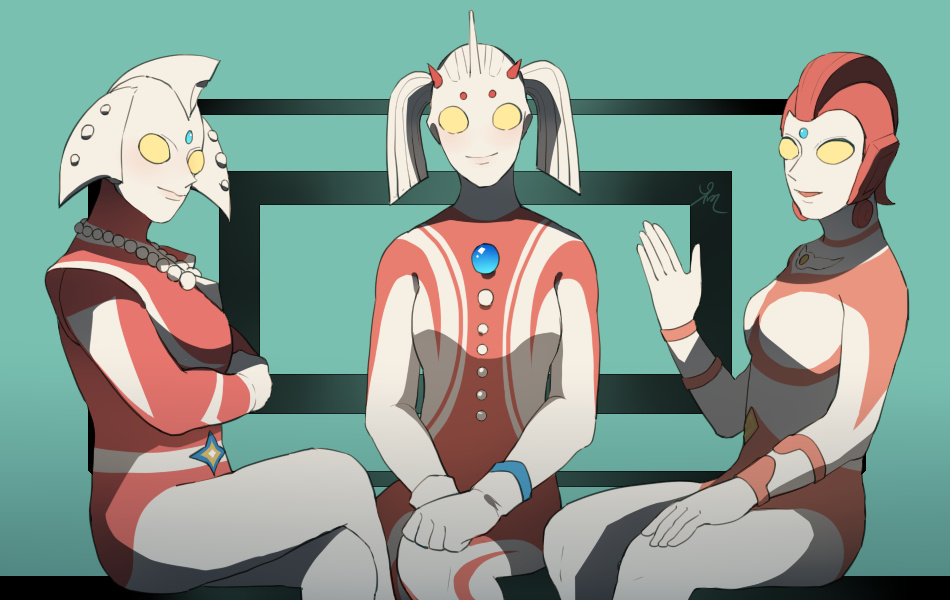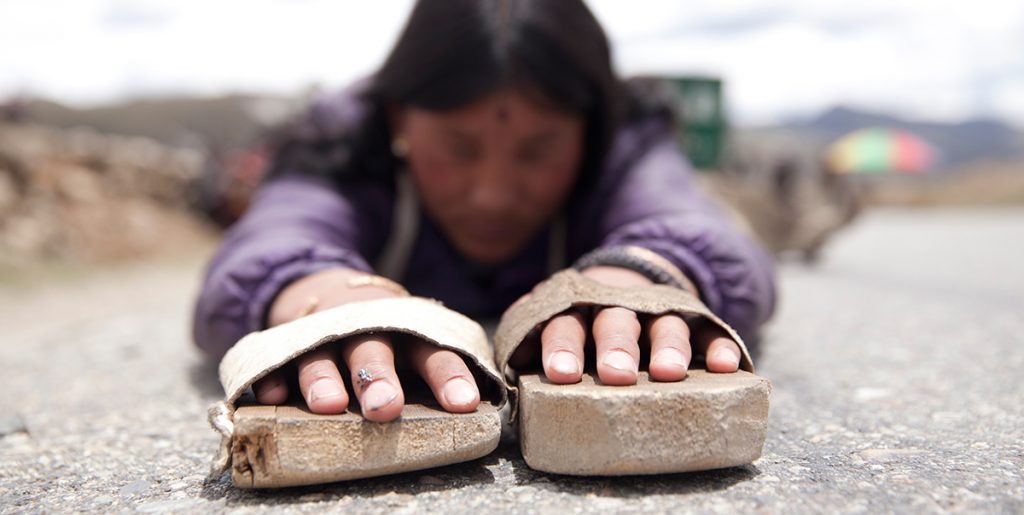Fans say promotional events don’t do the wildly popular epic fantasy series justice.

SHANGHAI — “Winter is coming” may sound comforting to those suffering through China’s unprecedented heat wave, but to the country’s millions of “Game of Thrones” fans, the phrase has more ominous associations, conjuring up images of frozen fields and trudging undead hordes.
This summer, a variation on the show’s famous slogan can be seen at high-end shopping malls in Beijing and Shanghai, incorporated into advertisements for China’s first-ever “Game of Thrones” exhibitions. The promotional events, organized by HBO’s Chinese partner company, DJ Theater, coincide with the fantasy epic’s seventh season, now two episodes in.
The pop-up exhibitions at the Indigo and Grand Gateway 66 shopping centers in Beijing and Shanghai, respectively, display “Game of Thrones” prop replicas, character models, and memorabilia. Visitors who spend at least 99 yuan ($15) in Indigo can have their photo taken on a 180-kilogram scale replica of the Iron Throne or opt to be burnt alive by a fire-breathing dragon in a short video clip sharable on social media. The exhibitions also showcase prints from British illustrator Robert M. Ball creatively depicting iconic deaths from the series. After collecting stamps from various areas of the exhibition, visitors can get a sheet of exclusive “Game of Thrones” stickers to take home with them.
Shanghai’s exhibit had no trouble attracting the attention of both curious passersby and die-hard fans, though many felt it lacked substance. Chen Jiaqi, a student from Jiangxi in eastern China, visited the Shanghai exhibition as soon as she heard about it but was disappointed when she got there, describing it as “a bit average.” Another attendee told Sixth Tone she had come over to “see what all the fuss was about” but found the exhibit to be smaller and less impressive than she expected.
Though they might not have been enamored with the exhibitions, many fans spoke highly of the show’s story and characters. “My favorite character is Arya,” said Chen, the student. “She has an amazing personality.”
“Jon Snow is very loyal and brave, and quite introverted; perhaps East Asians like him because they can see aspects of their personality in him,” said Yang Jinghua, a marketing agent who runs promotions on behalf of DJ Theater. “Chinese are so used to watching their own historical dramas,” he told Sixth Tone. “Maybe they were ready for a series with fantasy elements set in a Western world.”
“Game of Thrones” — called “Game of Power” in Chinese — has a large fan base in the country. So far, the seventh season has been rated 9.8 out of 10 on Douban, China’s IMDb-like entertainment website. On social media and in online forums, fans analyze, discuss, and joke about the series, whose major characters have been given affectionate nicknames, including “Little Demon” (Tyrion Lannister), “Two-Girl” (Arya Stark), “Dragon Mother” (Daenerys Targaryen), and “Snow Jiong” (Jon Snow). Recent fan creations include a version of the theme song sung in a southern Chinese dialect and an image series of the faces of “Game of Thrones” characters superimposed over those of Chinese street peddlers going about their daily lives.
The epic fantasy series is available on multiple video platforms in China, but with scenes containing nudity or excessive violence — two “Game of Thrones” hallmarks — cut to appease media regulators. As a result, China’s more resourceful net users turn to online tools such as virtual private networks (VPNs) to download uncensored, pirated versions, making accurate viewership figures difficult to estimate. Within half an hour of the season’s premiere on July 16, an uncut version with Chinese subtitles was available online. Recently, video files of the new episodes have been circulating with the name, “In the Power of the People” — a pun on a popular anti-corruption drama, and a thinly veiled disguise.
The shopping mall exhibitions play a part in bringing “Game of Thrones” to an even wider audience, albeit a version that has been stripped of its more provocative content. When Sixth Tone asked an exhibition worker surnamed Xiong what she thought of the series, she candidly replied: “I’ve heard some people like it because of all the sex and violence, but I haven’t seen it myself.”
—A version of this article originally appeared on Sixth Tone.







